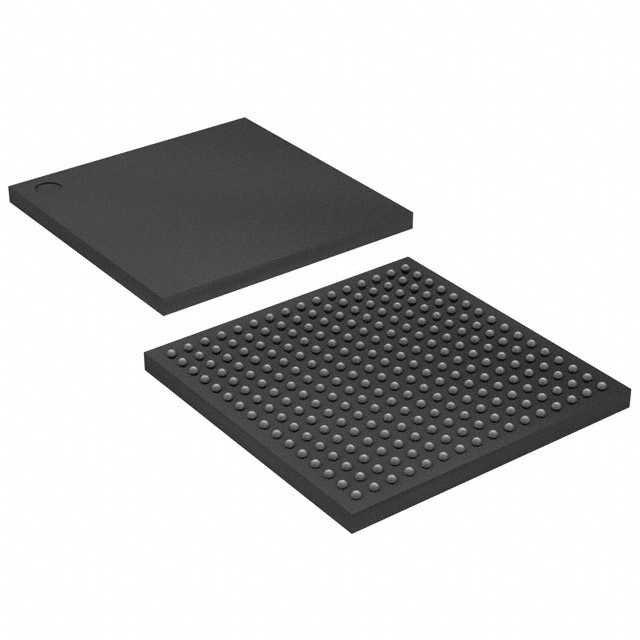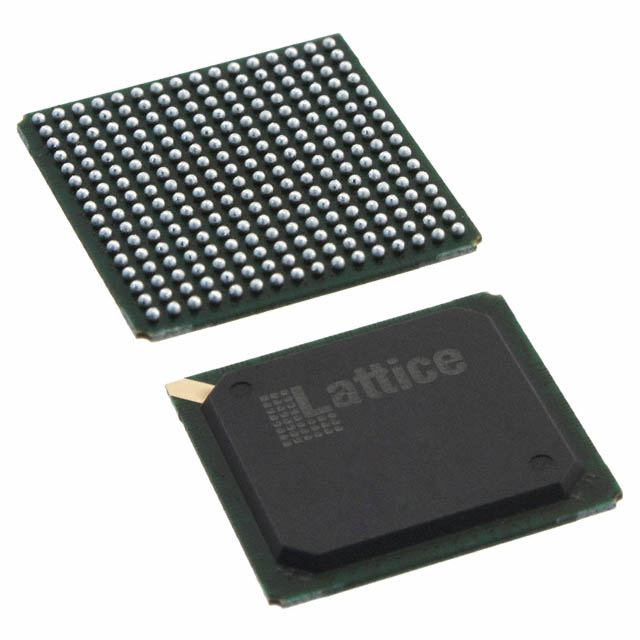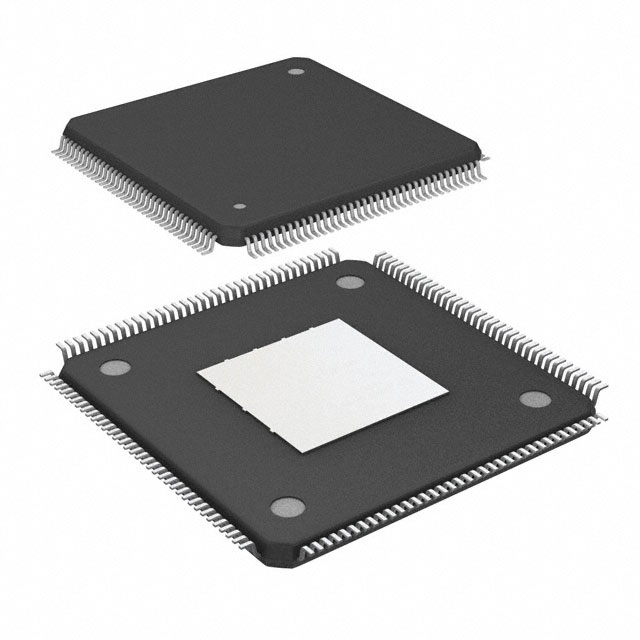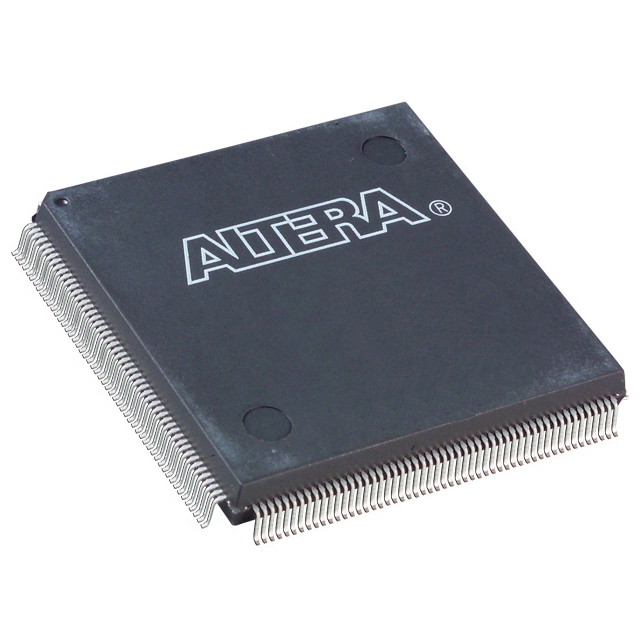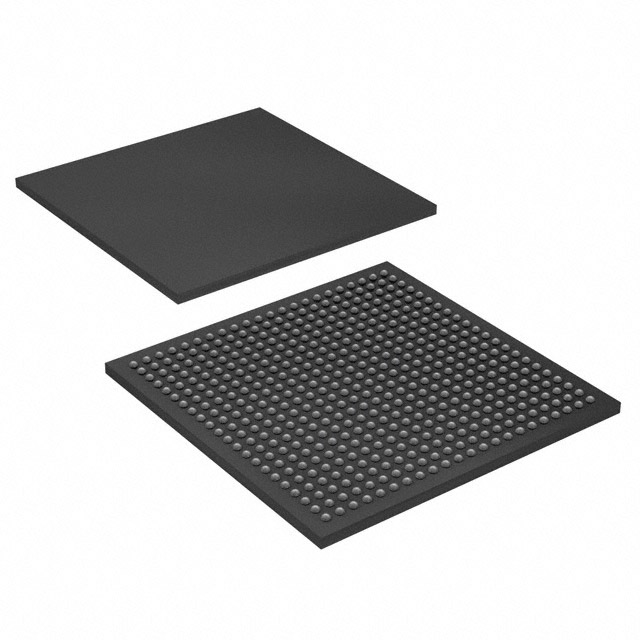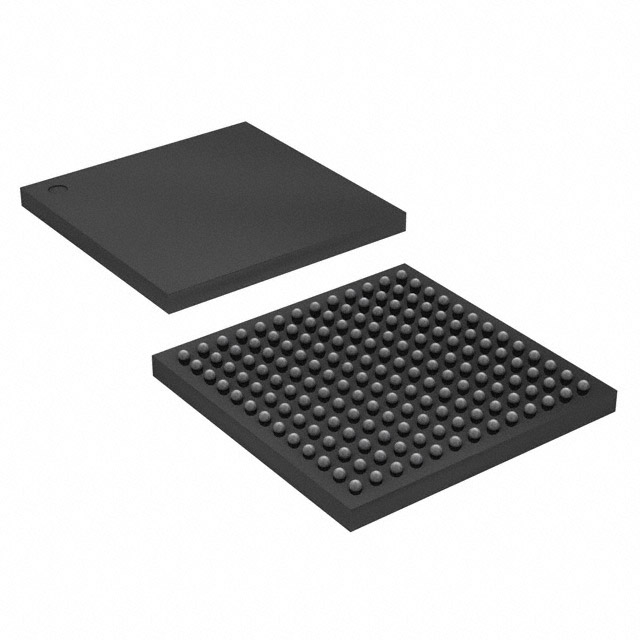In Stock : 0
Please send RFQ , we will respond immediately.









EP2C8F256C7 Specifications
-
TypeParameter
-
Supplier Device Package256-FBGA (17x17)
-
Package / Case256-LBGA
-
Operating Temperature0°C ~ 85°C (TJ)
-
Mounting TypeSurface Mount
-
Voltage - Supply1.15V ~ 1.25V
-
Number of I/O182
-
Total RAM Bits165888
-
Number of Logic Elements/Cells8256
-
Number of LABs/CLBs516
-
DigiKey ProgrammableNot Verified
-
PackagingTray
-
Product StatusActive
-
SeriesCyclone® II
The EP2C8F256C7 is an integrated circuit chip from the Cyclone II family of Field-Programmable Gate Arrays (FPGAs) developed by Altera (now Intel). Here are some advantages and application scenarios of this chip:Advantages: 1. High Performance: The EP2C8F256C7 chip offers high-speed performance with a maximum operating frequency of up to 250 MHz. It provides efficient logic utilization and supports complex digital designs.2. Flexibility: Being an FPGA, the EP2C8F256C7 chip allows for reprogramming and reconfiguring the hardware functionality even after manufacturing. This flexibility enables rapid prototyping, design iterations, and customization.3. Integration: The chip integrates a large number of programmable logic elements, memory blocks, and digital signal processing (DSP) blocks. This integration allows for the implementation of complex digital systems on a single chip, reducing the need for external components.4. Low Power Consumption: The Cyclone II family, including the EP2C8F256C7 chip, is designed to be power-efficient. It offers power-saving features like programmable power management and clock gating, making it suitable for battery-powered or low-power applications.Application Scenarios: 1. Digital Signal Processing: The EP2C8F256C7 chip's DSP blocks and high-speed performance make it suitable for applications requiring real-time signal processing, such as audio and video processing, image recognition, and communication systems.2. Embedded Systems: With its flexibility and integration capabilities, the chip can be used in embedded systems for various applications like industrial automation, robotics, automotive electronics, and medical devices. It allows for the implementation of custom logic and interfaces tailored to specific requirements.3. Prototyping and Development: FPGAs like the EP2C8F256C7 are widely used in the prototyping and development phase of digital designs. They enable designers to quickly test and validate their ideas, algorithms, and hardware designs before moving to production.4. Communication and Networking: The chip's high-speed performance and programmable nature make it suitable for networking applications like routers, switches, network interface cards, and protocol converters. It can handle data processing, packet routing, and protocol implementation efficiently.5. Test and Measurement Equipment: The EP2C8F256C7 chip can be used in test and measurement equipment, such as oscilloscopes, logic analyzers, and spectrum analyzers. Its reprogrammability allows for the implementation of various test algorithms and interfaces.Overall, the EP2C8F256C7 chip's advantages of high performance, flexibility, integration, and low power consumption make it suitable for a wide range of applications requiring digital logic implementation and customization.






